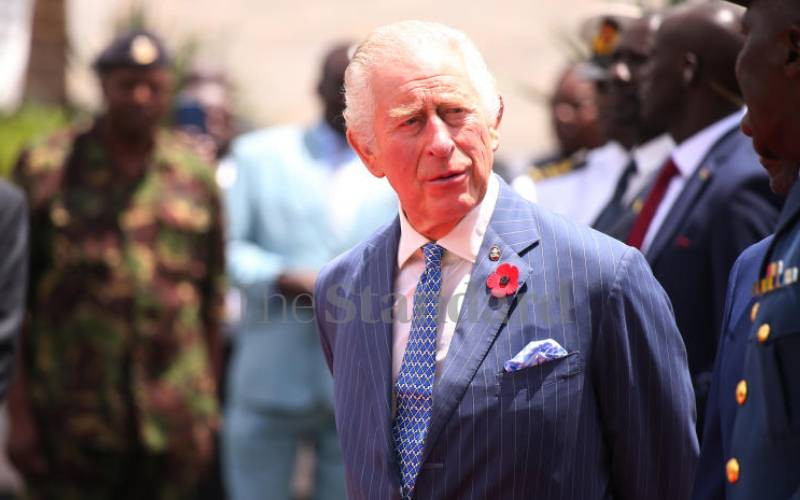×
The Standard e-Paper
Fearless, Trusted News

The just ended visit to Kenya by King Charles III and Queen Camila was full of priceless lessons.
Some of us remember the royal wedding in 1981, between Prince Charles and Lady Diana Spencer. It was the talk of the whole world, in the prime of our youth.